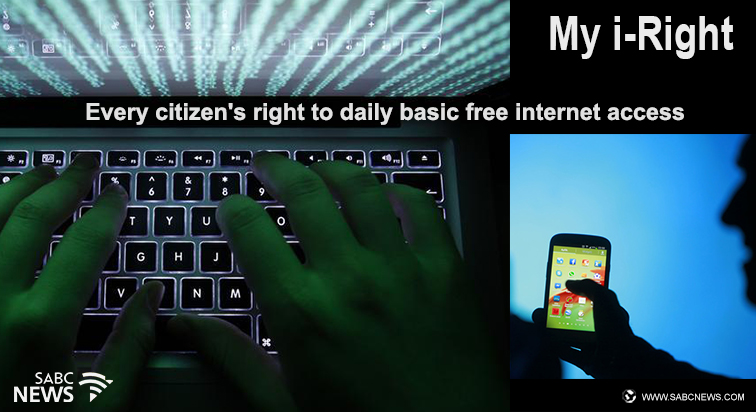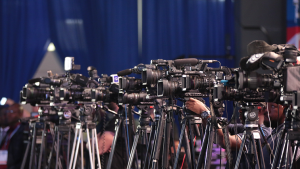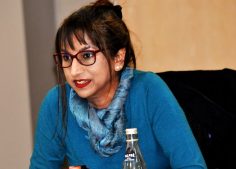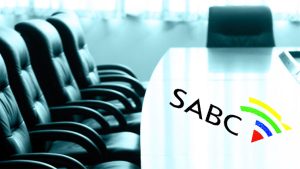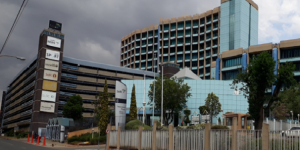The South African National Editors’ Forum (SANEF) strongly supports a new initiative to ensure that all South Africans have a daily standard level of free basic access to the internet to exercise their constitutionally guaranteed access to information rights.
The South African National Editors’ Forum (Sanef), The IAB SA and Media Monitoring Africa (MMA) have joined forces with the Association for Progressive Communications (APC) and Applied Law and Technology (altadvisory.africa) to launch this important initiative. This follows the organisations joint publishing of a research paper on the topic Perspectives on Universal Access to Online Information in South Africa: Free Public Wi-Fi and Zero-Rated Content, which is publically available.
The paper was launched last year on the International Day for Universal Access to Information at the Forum for Internet Freedom in Africa (FIFAfrica) conference in Johannesburg.
Following on this important conference, the ANC resolved, at its December 2017 National Conference to “encourage efforts by Government and the private sector to deploy broadband infrastructure and services and also ensure accessibility of free wi-fi as part of the development of economic inclusion.” The ANC stated that free wi-fi must be provided in rural areas as well as metros and in all public schools, clinics, libraries, etc.
A further initiative was then embarked on earlier this year. An online industry and media delegation led by the IAB SA, including SANEF, met with the South African Human Rights Commission (SAHRC) to discuss ways in which a basic level of free internet access for all citizens could be achieved over time. The delegation argued that based on existing government policies and the fact that universal access to the internet is a pre-requisite and enabler for access to information it should be included in the SAHRC’s mandate.
The delegation proposed a seven-point action plan to roll out free internet rights in South Africa. The action plan included the following:
1. The implementation of free access to the internet at government sites such as schools, libraries, health facilities etc.;
2. Zero-rated access to government websites and data, as envisaged in the e-government policies;
3. Following on several pilot projects in a number of cities and towns, free wi-fi access should forthwith be regarded as a basic municipal service and run as a public utility (alongside water, electricity and other municipal services);
4. Setting minimum standards for the provision of free internet access, including for all commercial offerings: a minimum data allocation per person per day; and standards for privacy, security, access quality and fair access to information in the public interest;
1
5. The introduction of the concept of ‘My Internet Rights’ (or My i-Rights) i.e. that every citizen should be entitled to a daily tranche of free internet access (e.g. 500MB per day, which is already the standard for many free wi-fi schemes), to exercise their access to information rights;
6. The introduction of digital literacy programmes in education curricula and as part of free internet schemes, especially aimed at children and those unfamiliar with risks and opportunities related to the internet; and
7. The need for the SAHRC and other oversight bodies to monitor and report on the progressive realisation of internet access rights, and in particular the adoption and implementation of legislation, regulation and policies governing free access to the internet as a basic human right.
In response, the COO of the SAHRC, Chantal Kissoon indicated that the commission would consider incorporating monitoring of government’s internet access plans for inclusion in national, regional and international reports on human rights issues; look into the possibility of convening a conference of experts and stakeholders to explore aspects of the proposed action plan; and raise the issue of free internet access in outreach and stakeholder engagements.
In confirmation of the importance of this initiative Sanef chair Mahlatse Mahlase has stated that, “Access to information is a fundamental human right and access to the internet is fundamental to exercise those rights. Government already made commitments as part of the global Open Government Partnership to set up open data portals and e-government services. The logical next step will be to provide universal access by zero-rating government information on the internet.”


